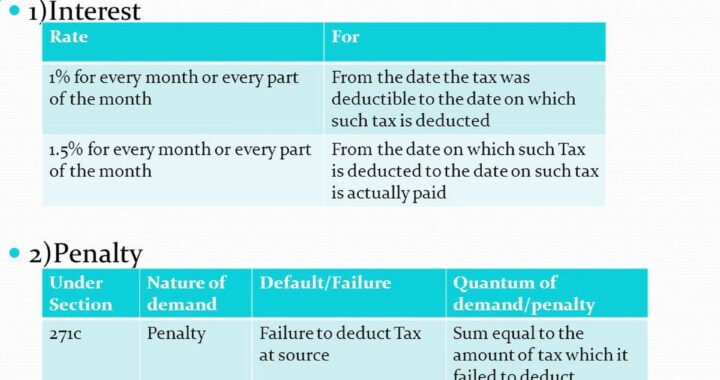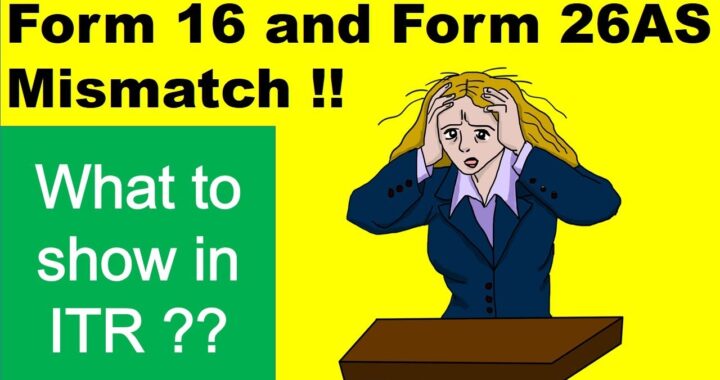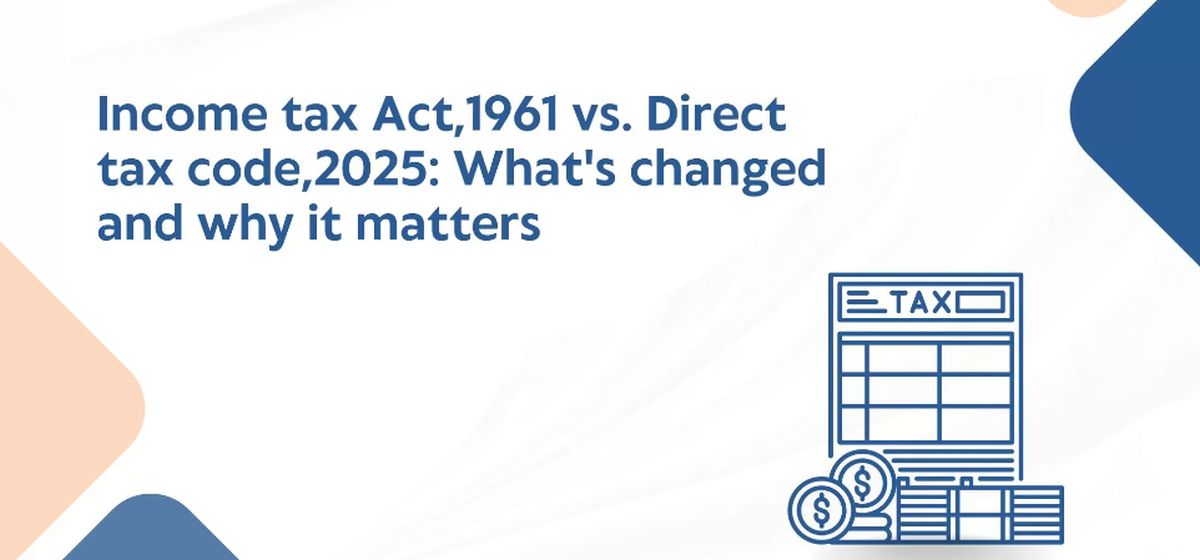Playing in stock market? Know your options for filing returns

When you are working at a firm for a fixed salary, filing tax returns can pose a problem if you have engaged yourself in playing in the stock market. There are two ways you can file your return, either by using the ITR-2 forms or by using the ITR-3 forms; it depends on the instrument and the frequency of trade and volume. The ITR-2 forms are for a salaried person with no business endeavor and the ITR-3 forms are for income from both business and salaried profession. However for Income Tax Returns for assessment years prior to Ay1718, ITR 4 is to be used

Which Income Tax Return form is to be used for declaring Income from Trading in Shares, Future and Options etc
“The Key Question to be decided before selecting the form is that whether the Trading in Shares was in Nature of Investment or as Business of Trading”
If you have no idea and are completely unattached with the financial world, this may get a bit confusing for you, so we are going to help you by providing some elaborations:
If the Delivery of shares is taken and the assessee makes some capital gains after holding the shares, Use ITR 2
- Suppose a person is a bank employee who also trades in stocks. He trades as per the stock price and doesn’t have a fixed income from the trading. If he has taken on the delivery of the stocks, then he should file for ITR-2 forms, where he should show the gains and the loses he made through the trading. If the trader’s portfolio is completely delivery based, then, he has a better chance in convincing that his play was mainly for investment purposes rather than business purposes.
In Case no delivery of shares is taken and the objective was only to dabble in shares to make some trading Profit–
- Having said this, if the trader went long or short on stocks and opt for not taking the delivery, his trading will be classified as income from speculative business purposes and he will then have to file an ITR-3 form. An ITR-3 form will in turn allow him to claim expenses related to his business. If he owns a car or a computer, he can claim depreciation value on them, if he can prove that he ahs used these items for his business. Everything is good until he make losses. If he does make any loss and try to claim them, then he will have to maintain books of his accounts and will have to get them audited by a chartered accountant.
If you are a salaried professional and also playing in the stock market, both delivery and speculative trading (both of the above mentioned two), then things get a bit complicated. You will have to split your portfolio into ‘investments’ and ‘stock-in-trade’ (non-delivery based). The rules will vary accordingly. You can contact your income tax advisor to get more details on them.
Remember to get Tax Audit done if the turnover in shares exceeds threshold limit- else be prepared to face huge penalty
The Share Broking forms allow huge credit against the margin deposited and thus generally the investor may end up trading heavy volumes, much beyond the investment made. In case the turnover in shares exceeds the threshold limit of turnover over which tax audit is to be done (Rs 2 Crore for Fy 1617-Ay1718) then it is mandatory for assessee to get Tax Audit got done to escape the penalty for not getting tax audit done
While you are playing in the stock market, pundits advice that, it is better not to claim for losses if the salaried professional, who does not trade regularly in F&O or intraday, has incurred a loss less than Rs. 30,000. So, it will be better for you to file an ITR-2 form. The compliance costs are generally high as the auditors wipes out around Rs. 20,000 – Rs. 30,000 from the gains that you have made. If you have made small gains then you are allowed to enlist them as income from other sources.

 Can an assessee pay House Rent to his parents and claim relief? Would there be any legal complications?
Can an assessee pay House Rent to his parents and claim relief? Would there be any legal complications?  Boost Your Business & Reduce Taxes: A Guide to Maximizing Benefits Under Section 80JJAA
Boost Your Business & Reduce Taxes: A Guide to Maximizing Benefits Under Section 80JJAA  What is remedy to taxpayer if the Tax deductor fails to deposit the TDS or fails to file TDS Return
What is remedy to taxpayer if the Tax deductor fails to deposit the TDS or fails to file TDS Return  What is Income Tax Liability on Income from trading in Future and Options
What is Income Tax Liability on Income from trading in Future and Options  The Importance of Filing Your Income Tax Return on Time: A Financial Must-Do
The Importance of Filing Your Income Tax Return on Time: A Financial Must-Do  Is Addition made by Assessing officer on basis of mismatch between AIR and F26AS Justified
Is Addition made by Assessing officer on basis of mismatch between AIR and F26AS Justified  Major Changes Expected in Direct Tax Code 2025 and why these matter
Major Changes Expected in Direct Tax Code 2025 and why these matter